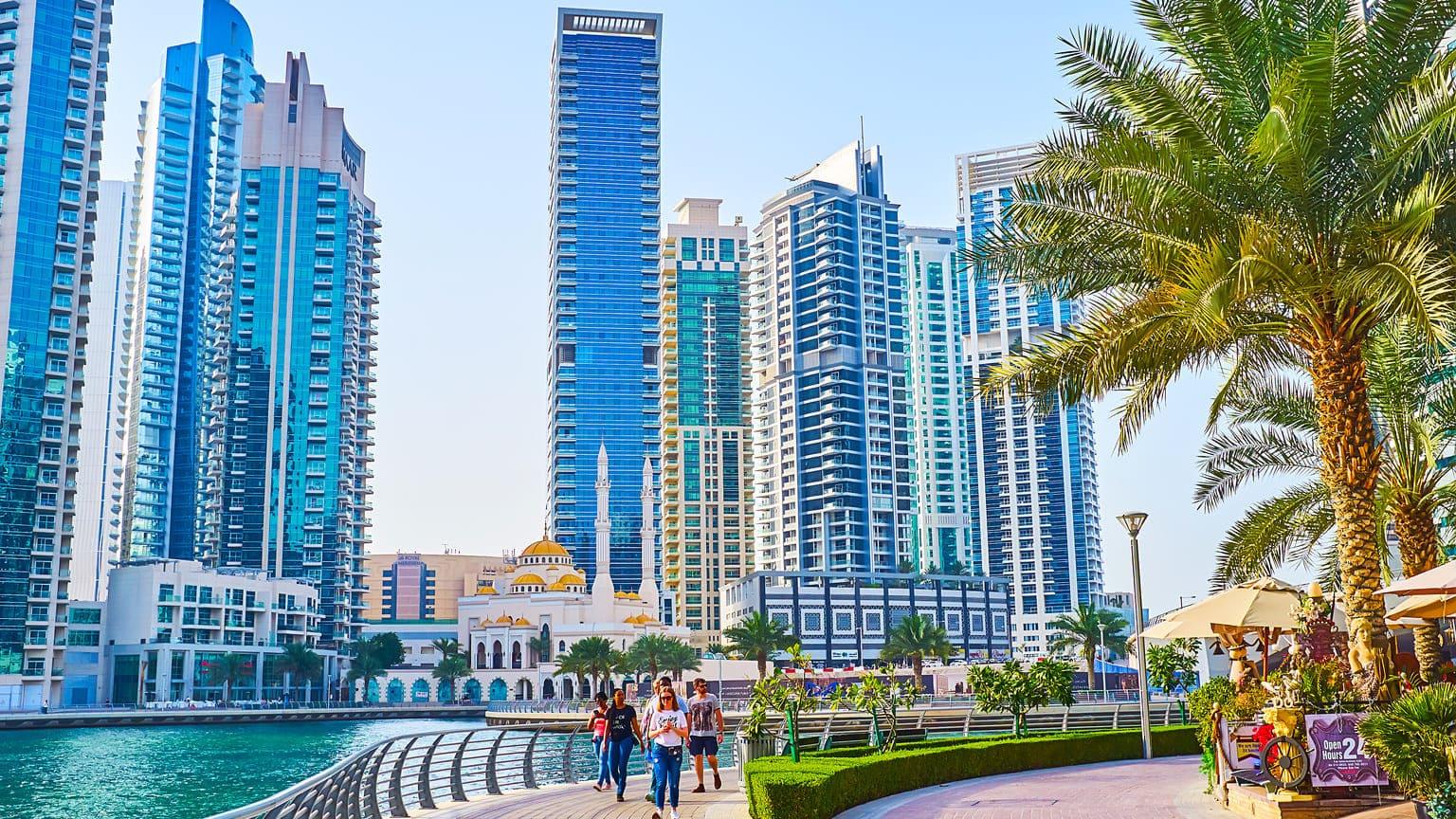Dubai’s real estate market has experienced significant growth and development over the past few decades, making it one of the most attractive destinations for real estate investment globally. The city’s strategic location, political and economic stability, and modern infrastructure have made it a hub for business and tourism, attracting investors from all over the world.
Investors looking to invest in Dubai’s real estate market must understand the importance of research and due diligence before making any investment decisions. The market dynamics, legal requirements, and financing options are complex, and it is essential to have a clear understanding of all these factors to maximize returns and avoid potential risks.
Dubai’s real estate market is dynamic, and investors must stay up-to-date with the latest trends and developments to make informed investment decisions. The market is influenced by various factors, including economic indicators, population growth, infrastructure development, and government policies. Here are a few of them:
- Legal Considerations
Understanding the laws and regulations governing real estate ownership and transactions in Dubai is crucial when investing in property. The Dubai Land Department (DLD) is the government agency responsible for regulating and overseeing the real estate sector. It is responsible for property registration, licensing, and regulating the activities of real estate brokers and agencies.
One of the essential legal requirements when investing in Dubai’s real estate market is obtaining a residency visa. This allows investors to own property in the country and stay for an extended period. The visa can be obtained through property investment, business ownership, or employment.
In Dubai, property transactions are governed by the Real Estate Regulatory Authority (RERA) and the Dubai Land Department. Investors are required to pay registration fees and other transaction-related costs to complete property transactions. These costs include transfer fees, agent commission, and administrative fees.
- Market Trends and Dynamics
The real estate market in Dubai has been dynamic, with fluctuations in prices and demand over the years. Currently, the market is stable, with a slight increase in prices and demand for properties. The COVID-19 pandemic significantly impacted the market, causing a decline in demand and prices in 2020. However, the market has recovered, and the demand for properties has started to pick up.
One of the factors driving the real estate market in Dubai is the significant investments in infrastructure development. This includes the expansion of transport systems, the development of new business districts, and the construction of new residential areas.
- Location and Property Type
Choosing the right location is critical when investing in Dubai’s real estate market. Some of the most popular areas for property investment include Downtown Dubai, Dubai Marina, Palm Jumeirah, and Arabian Ranches. The location of the property determines its value and the demand for it.
Dubai offers a wide range of properties, from apartments to villas, to cater to different investor needs. Apartments are the most common type of property in Dubai, with a variety of sizes and designs. Villas are also popular, with many luxury villas available in prime locations.
- Financing Options
There are several financing options available for real estate investment in Dubai. Banks and other financial institutions offer mortgages and other financing solutions to investors. The terms and conditions for these financing options vary, depending on the investor’s financial standing and the property’s value.
One of the essential requirements for obtaining financing in Dubai is having a residency visa. Additionally, banks and financial institutions require investors to provide collateral and proof of income to secure financing.
- Tax Implications
Investing in Dubai’s real estate market has tax implications that investors need to understand. Property owners are required to pay property taxes, including a 2% property registration fee, a 0.25% mortgage registration fee, and an annual property maintenance fee of 5% of the property’s annual rental value.
However, Dubai does not have any income tax on rental income or capital gains tax on property sales. This makes Dubai an attractive destination for real estate investors looking for tax-efficient investment opportunities. It is, however, important to seek professional tax advice to understand the tax implications of investing in Dubai property.
- Property Management
Property management services in Dubai are essential to maintain and upkeep properties. These services include property maintenance, repair, and renovation. Property owners can hire property management companies to handle all aspects of property management, from tenant screening and lease management to rent collection and eviction procedures.
Investors who live outside Dubai or those who own multiple properties can benefit greatly from property management services. These services ensure that properties are well-maintained, tenants are taken care of, and all legal and financial requirements are met.
In conclusion, investing in Dubai Properties for Sale in its real-estate market can be a lucrative venture for investors looking for stable returns and long-term growth. However, it is essential to conduct thorough research and due diligence before making any investment decisions. Investors should understand the legal requirements, market trends, location, property types, financing options, tax implications, and property management services to make informed decisions. Seeking the advice of experienced professionals can also help investors navigate the complex real estate market and maximize their returns.




